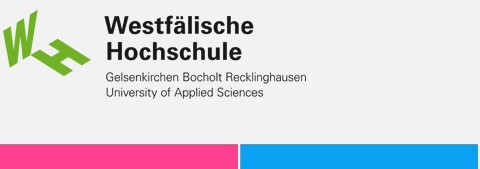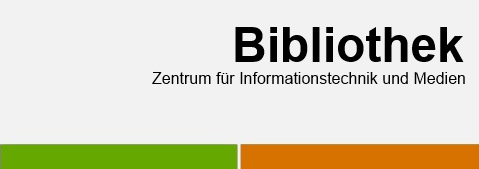Filtern
Dokumenttyp
- Wissenschaftlicher Artikel (2) (entfernen)
Schlagworte
- CDK (1)
- Chemical space (1)
- Cheminformatics (1)
- Chemistry Development Kit (1)
- Chemistry Development Kit, CDK, Molecule fragmentation, In silico fragmentation, Scaffolds, Functional groups, Glycosidic moieties, Rich client, Graphical user interface, GUI (1)
- Clustering (1)
- Fragmentation (1)
- Natural products (1)
- Scaffold (1)
- Scaffold network (1)
- Scaffold tree (1)
The concept of molecular scaffolds as defining core structures of organic molecules is utilised in many areas of chemistry and cheminformatics, e.g. drug design, chemical classification, or the analysis of high-throughput screening data. Here, we present Scaffold Generator, a comprehensive open library for the generation, handling, and display of molecular scaffolds, scaffold trees and networks. The new library is based on the Chemistry Development Kit (CDK) and highly customisable through multiple settings, e.g. five different structural framework definitions are available. For display of scaffold hierarchies, the open GraphStream Java library is utilised. Performance snapshots with natural products (NP) from the COCONUT (COlleCtion of Open Natural prodUcTs) database and drug molecules from DrugBank are reported. The generation of a scaffold network from more than 450,000 NP can be achieved within a single day.
Developing and implementing computational algorithms for the extraction of specific substructures from molecular graphs (in silico molecule fragmentation) is an iterative process. It involves repeated sequences of implementing a rule set, applying it to relevant structural data, checking the results, and adjusting the rules. This requires a computational workflow with data import, fragmentation algorithm integration, and result visualisation. The described workflow is normally unavailable for a new algorithm and must be set up individually. This work presents an open Java rich client Graphical User Interface (GUI) application to support the development of new in silico molecule fragmentation algorithms and make them readily available upon release. The MORTAR (MOlecule fRagmenTAtion fRamework) application visualises fragmentation results of a set of molecules in various ways and provides basic analysis features. Fragmentation algorithms can be integrated and developed within MORTAR by using a specific wrapper class. In addition, fragmentation pipelines with any combination of the available fragmentation methods can be executed. Upon release, three fragmentation algorithms are already integrated: ErtlFunctionalGroupsFinder, Sugar Removal Utility, and Scaffold Generator. These algorithms, as well as all cheminformatics functionalities in MORTAR, are implemented based on the Chemistry Development Kit (CDK).


